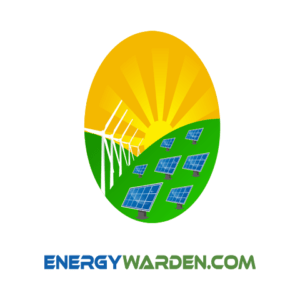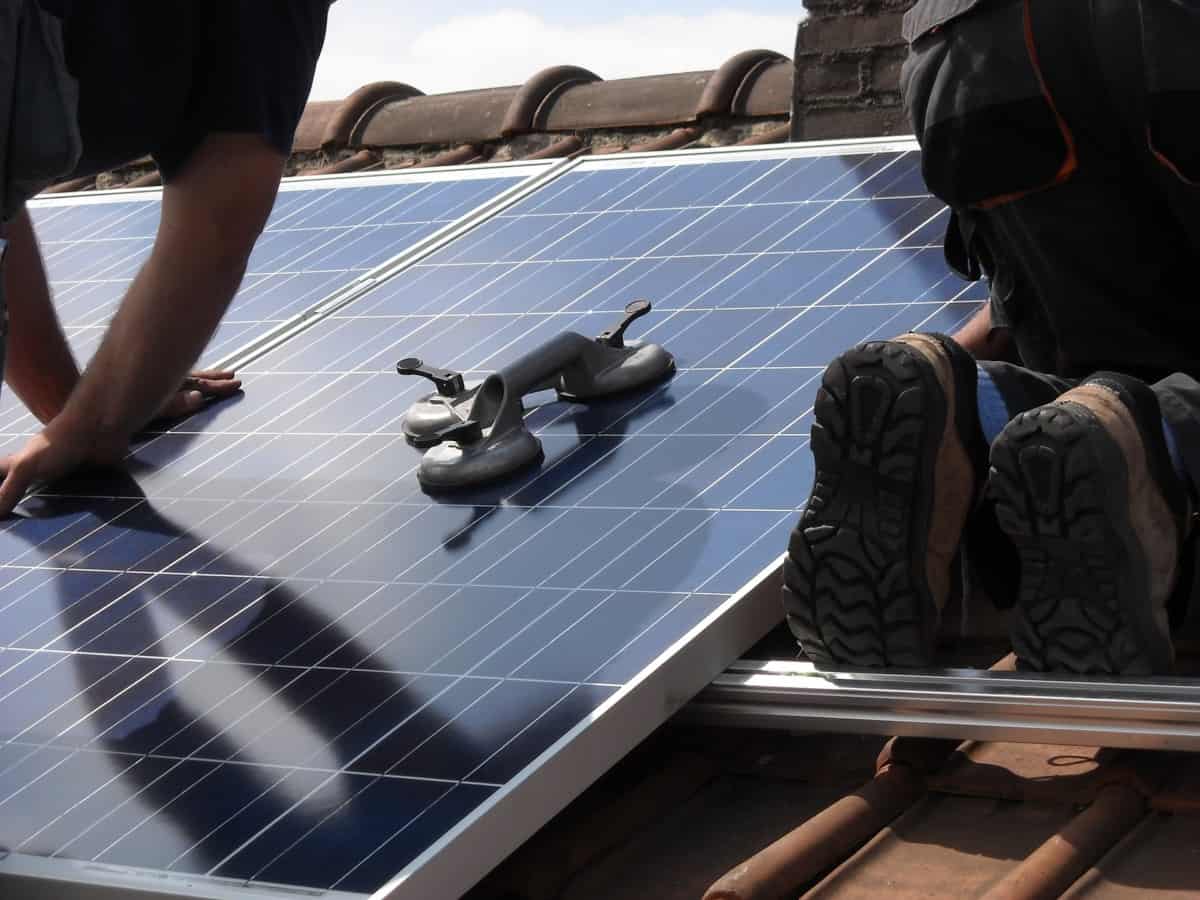Solar energy advantages and disadvantages
Solar energy is highly renewable and it can be collected anywhere globally. The use of environment-friendly sources of energy is quickly gaining momentum with households and companies rushing to install solar systems.
While it seems to be a good alternative source of energy, it also comes with its downsides. So, if you are keen on installing this source of energy, what are solar energy advantages and disadvantages? Quickly watch this video to find your answers.
Advantages of Solar Energy
Installing solar panels comes with several advantages and here are some of the most important ones:
Clean Source of Energy
By now you have probably seen in various news articles how companies are shifting from using fossil and oil fuels to other sources that are friendly to the environment. The high rate of carbon emissions has led to climate change that has affected the earth in great measures.
The air we breathe and water we drink are highly contaminated with toxic materials including gases and metals that lead to untreatable diseases or even death.
However, solar can help to reduce the rate of carbon emission massively. It’s regarded as a clean source of renewable energy. The system has a very low environmental impact and it can be harnessed in all regions of the world. Unlike electricity, it’s impossible to run out of solar energy since it relies on the sun.
A Highly Versatile System
Solar systems are highly versatile and you can use them in multiple applications. If you are in an area without the energy grid, then you can use the panels to generate electricity. Read my article What Are the Uses of Solar Energy? for more information.
In addition to that, they are also effective in powering satellites into space and to distill water supplies. Did you know that homeowners can also integrate solar energy into building materials?
Reduced Electricity Bills
An effective way to significantly reduce your electricity bills, especially if you are a small scale user is by installing solar panels.
They are effective alternatives that can help you save a lot of money annually that you would otherwise spend on heating, electricity, washing, and cooking, among others.
Note that not only will you have a chance of paying fewer electricity bills but you can also get payments generated by the surplus energy which you are sending back to the power grid.
This is explained in my article How Solar Energy Works Diagram
Adding the Value of Property
An easier and eco-friendly way to increase your home’s value is by installing solar panels. Recent property studies established that homeowners had better prospects after installing solar systems unlike if they didn’t.
So, if you are planning to move out or sell the property, chances are that you will get good returns.
Low Maintenance Costs
This is one of the main reasons why people actually love solar power. It’s very cheap to maintain these systems since they require little maintenance. Generally, you just need to ensure that the panels are clean and are not blocked from receiving sunlight.
You can simply clean them a couple of times a year and that’s it. In case you can’t do that, then you can use the services of cleaning companies but they are also very cheap.
Lasting Use
Once your panels are properly installed, then you can use them for years without any change. That’s why most companies usually sell them with a 20-25 years warranty. There is no wear and tear caused by friction because these systems don’t come with moving parts.
Constant Technological Upgrade
We love the fact that technology in the solar system is always evolving and upgrading. There are frequent improvements that are designed to intensify the use of this energy and enhance its efficiency.
With funds being channeled to nanotechnology and quantum physics, we can confidently say that the technology development in this industry is going to upgrade in the next coming few years.
It is soon expected that the effectiveness of the current panels will double the electrical input.
Less Energy Loss during Transportation
A common problem with using other energy sources is that some energy usually gets lost during the transportation process. This is because the channels of distribution usually increase the distance between the user and the supply points.
While these energy losses are usually not very large, they certainly affect the performance, especially if an area is densely populated.
However, solar panels are usually installed as close to the user as possible. You will find that most people actually install the panels on their rooftops or open yards. This means that the distance is reduced to just a few minutes hence better user efficiency.
Disadvantages of the Solar Energy
To determine the effectiveness of solar systems, you need to look at solar energy advantages and disadvantages. The pros include the positives that would definitely make you want to install solar panels but what are some of the downsides of having this system?
Not Very Attractive on a Large Scale
If you randomly look at the advantages and disadvantages of solar energy, you might think that it’s a cost-effective solution for large projects. However, the cost estimates are usually on a low scale.
It should be noted that the aim of using solar power is to reduce the total energy costs. However, this seems to be only a viable solution in a small or moderate scale.
If you are going to use solar power on a large scale, chances are that you might end up spending more than using electricity. For instance, a large homeowner in Louisiana might end up spending more than 25% less on electricity costs than having panels. So, it’s not always the go-to solution.
Not Suitable for All Roof Types
Solar panels can’t effectively work with every type of roof. To install these panels on your rooftop, you need to have racks – a mounting system that holds the panels together.
However, there are still homes that have cedar tiles or slate. These materials can work effectively with solar panels. Besides that, the latest home designs usually feature extra rooftop additions such as skylights. This makes the installation process even more challenging.
Generally, traditional and some latest rooftops make it difficult to install solar panels. But you can opt to create a community solar garden or ground-mounted solar although the results will definitely not be highly effective.
The Panels Use a lot of Space
The more energy you need then the more panels you need to install. This is because you need to collect as much sunlight as you can. If your rooftop is quite small, then this can be a limiting factor. That means that you will have to install fewer solar panels regardless of your energy demands.
The Initial Cost is Quite High
You need to have a good amount of money to initially purchase a solar system. You will have to pay for the panels, batteries, inverter, wiring, as well as the cost of installation.
Even so, technology is constantly evolving and this means that the cost of the items you purchased will reduce with time as newly updated items are released into the market.
It Isn’t Ideal For Those Who Are on the Move
You can fully start enjoying the benefits of solar energy once you reach a breakeven point.
However, it normally takes time to reach this point. For instance, if you are in the US you will need a payback period if around 7.5 years. This period is quite long, especially if you are a homeowner who is keen on moving away at some point.
Note: However, if you are planning to sell the property, then these panels can significantly improve the actual value of the property. So, if you are a homeowner, make sure that you know what are solar energy advantages and disadvantages before you can install the panels.
It Depends on the Weather
Solar systems, as their name suggests, depend on the sun. The solar panels need sun rays to effectively collect solar power. Although you can still get the energy during rainy and cloudy days, the efficiency of the system usually drops significantly.
So, if there is no enough sunlight, this will directly affect the energy produced.
What happens in winter when you need heating? Well, you should then consider installing thermodynamic panels. They are good alternatives to solar panels.
Can Still Cause Pollution
Solar panels are touted to be eco-friendly sources of energy. That’s why companies are moving from using oil fuel. But this system doesn’t eliminate the risk of pollution by 100%. There are still chances of pollution even though it’s far less compared to most sources of energy.
Research studies show that solar systems emit hazardous greenhouse gases. Besides that, there are some materials used during the manufacturing process of these systems that are toxic.
The Bottom Line
Looking at the solar energy advantages and disadvantages, it’s clear that installing such a system clearly depends on your needs. For a homeowner who is looking to cut their energy costs and use an environmentally-friendly solution, it seems to be a great alternative.
But if you are looking to use solar systems on a large production scale, then you might want to consider your space and the total amount of energy you need. Overall, knowing your needs is what will determine if you should install this system or not.
For more information, a good read is the paper Advantages and Disadvantages of Solar Energy and Wind-Power Utilization written by L. Lakatos , G. Hevessy & J. Kovács
Recent Posts
Understanding Energy and Electricity: The Power For Progress
Energy and Electricity Energy and electricity are integral components of modern life, powering everything from homes and businesses to transportation and communication. Without them, the...
The Future of Wind Energy The future of wind energy is set to play a critical role in addressing global energy needs while combating climate change. As renewable energy sources like wind and...


